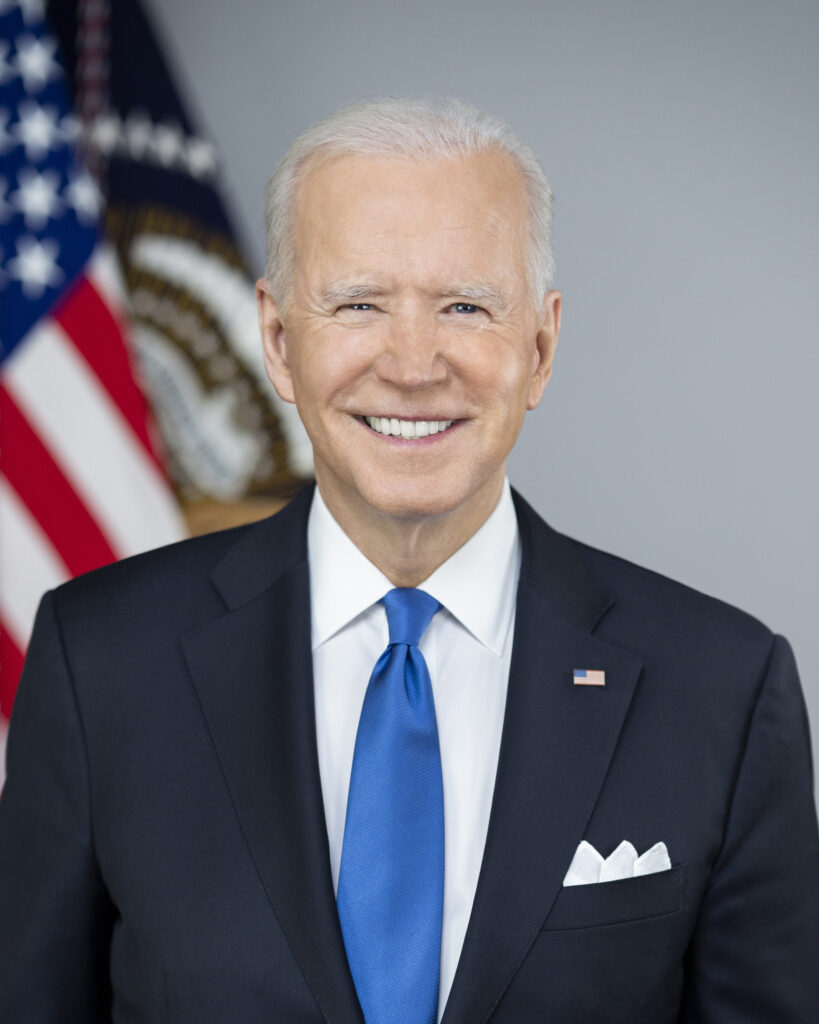The U.S. Department of Housing and Urban Development (HUD) on Thursday announced that it would be holding a competitive bid HUD-held vacant note sale on November 10, made up entirely of properties which were secured by Home Equity Conversion Mortgage (HECM) loans in which the borrower has passed away and is not survived by a non-borrowing spouse (NBS).
“On November 10, 2021, HUD will offer multiple residential mortgage pools consisting of approximately 1,700 notes and a loan balance of approximately $417 million,” HUD describes in the event listing on its website. “The sale will consist of due and payable Secretary-Held loans. The loans are first liens secured by 1 to 4-unit, vacant residential properties where the last surviving borrower is deceased. This sale will include increased bidding opportunities for non-profit and state & local government purchasers.”
Properties all secured by HECMs, move aligns with Biden Administration housing policy intentions
The announcement of the sale gives a slightly more precise figure of the amount of notes which will be made available, detailing that they’re made up entirely of properties stemming from reverse mortgage loans in which the borrower is now deceased.
“The sale will include approximately 1,730 reverse mortgage notes secured by properties where the borrower is deceased and not survived by a non-borrowing spouse,” HUD said in its announcement. “Consistent with the Biden-Harris Administration’s September 1, 2021, announcement that more HUD-owned properties should be returned to future owner-occupancy, HUD will offer up to 50% of the notes in the multi-loan pools for bids first by eligible non-profit organizations and units of state and local government. Previous sales prioritized approximately 10% of the mortgage notes for this purpose.”
The September 1 announcement made by the White House — while not mentioning properties secured specifically by reverse mortgages — described the Biden administration’s intention to step into the housing investment sector by using the considerable authority and stockpile of the government’s housing authority to try and affect the availability of housing supply and its interactions with high levels of demand.
“The large and long-standing gap between the supply and demand of affordable homes for both renters and homeowners makes it harder for families to buy their first home and drives up the cost of rent,” the White House said on September 1. “Higher housing costs also crowd out other investments families can and should make to improve their lives, such as investments in education.”
With supply constraints only intensifying across the country over the course of the summer, larger investors have accelerated their residential real estate purchases, including in urban and suburban areas. According to data from Redfin cited by the White House, one in six homes purchased in Q2 2021 was acquired by investors, with certain reports indicating that the figure rises to one in four in some markets.
“Within investor purchases, typically more than 35% of purchases are made by investors that own more than ten properties,” the White House said. “Large investor purchases of single-family homes and conversion into rental properties speeds the transition of neighborhoods from homeownership to rental and drives up home prices for lower cost homes, making it harder for aspiring first-time and first-generation home buyers, among others, to buy a home.”
These transitions are also unlikely to provide meaningful additions of housing supply in lower-cost portions of the rental market, due to investors generally charging more for rent in an effort to recoup their higher purchase costs, according to the White House.
What this move has to do with the White House’s agenda
In Thursday’s announcement, HUD is very blunt in saying that this sale is specifically aimed at widening the availability of affordable housing.
“The sale seeks to increase affordable housing supply, expand opportunities for homeownership and rental housing, and revitalize communities through the disposition of these notes,” the White House said. “[This includes] selling properties to low- to moderate-income homebuyers at a price affordable to households earning less than 120% of the Area Median Family Income; and leasing properties at rents affordable to households earning less than or equal to 80% of the Area Median Family Income.”
This move will also be prioritized to allow investors beyond large firms — including non-profits and local governments — to participate in the process, according to FHA Principal Deputy Assistant Secretary for Housing Lopa P. Kolluri.
“This sale provides greater opportunities for non-profits and local governments to purchase properties that can then be made available for affordable homeownership and support neighborhood revitalization,” she said in the HUD announcement.
In an effort to encourage more non-profit organizations and local governments to participate in this sale as well as planned future sales, HUD announced that it is hosting a virtual training conference for such situated organizations on September 29.
“The conference, ‘Expanded Opportunities for Participation,’ will include presentations on the note sale process, technical considerations, and an overview of the mortgage notes and processes for the November 10, 2021, sale,” HUD detailed in its announcement.
HUD concluded sharing information by additionally specifying the sources of the notes in question.
“HUD’s Office of Asset Sales is part of the Office of Finance and Budget in HUD’s Office of Housing,” the announcement reads. “All mortgage notes to be sold through the November 10, 2021, sale are for vacant and abandoned properties secured by Home Equity Conversion Mortgages assigned to HUD following the death of the borrower and any non-borrowing spouse where the time for heirs to come forward has elapsed.”
Find more information on the upcoming sale at HUD’s Asset Loan Sales Information page.







